German prosecutors continue to go after anyone associated with the Third Reich’s concentration and death camps with a tenacity that would make Hitler’s victims proud.
A series of trials have taken place in Germany since 2011, after the conviction of former Nazi death camp guard John Demjanjuk, found in Cleveland, set the precedent that being a camp guard was sufficient evidence to prove complicity in war crimes. He was jailed for five years for being at the camp when more than 28,000 Jews died at the Sobibor death camp, but released pending an appeal and died in 2012 at age 91.
Oskar Gröning, the “Bookkeeper of Auschwitz,” was sentenced in 2015 as an accessory to the murder of 300,000 Jews. He never went to prison, dying in 2018 at 96 during the appeals process.
Reinhold Hanning, a former SS guard at Auschwitz, was convicted in June 2016 of being complicit to mass murder but died a year later at age 95 with appeals still pending.
Friedrich Karl Berger, aged 95, a former guard at the Neuengamme concentration camp, was deported to Germany from the U.S. in February 2021. German prosecutors dropped charges against him and his current fate is unknown.
In June 2022, Josef Schütz was sentenced to five years for assisting in the murder of more than 3,500 prisoners at the Sachsenhausen concentration camp near Berlin. Aged 101, he is the oldest person to be convicted for Nazi-era war crimes in Germany but, because of age and ill health, is unlikely to spend any time in prison.
The latest is Irmgard Furchner, 97, of Hamburg, a teenager who was hired as a secretary and worked for Paul-Werner Hoppe, the commandant of the Stutthof concentration camp located near the modern-day Polish city of Gdansk; she worked there from 1943 to 1945.
It took 40 days for Furchner to break her silence at the 2022 trial, when she told the court “I’m sorry about everything that happened. I regret that I was in Stutthof at the time—that’s all I can say,” she said.
Her defense team argued that she should be acquitted because of doubts surrounding what she knew, as she was one of several typists in Hoppe’s office. (Hoppe was jailed in 1955 for being an accessory to murder; he was released five years later.) After the war, Furchner married an ex-SS squad leader named Heinz Furchtsam, whom she probably met at the camp.
Although she was a civilian worker, the judge agreed with prosecutors that she was fully aware of what was going on at the camp. Furchner was found guilty of aiding and abetting the murder of 10,505 people and complicity in the attempted murder of five others. She was given a two-year suspended jail sentence.
An estimated 65,000 people—Jewish prisoners, non-Jewish Poles, and Soviet POWs—are thought to have died in horrendous conditions at Stutthof.
Shortly before the Covid pandemic, I toured northern Europe, paying my respects at the Stutthof memorial located near the modern-day Polish city of Gdansk. Like the other camps that have been preserved as memorials, Stutthof is a chilling reminder that evil knows no bounds—nor time limit.
—Flint Whitlock, Editor
[email protected]
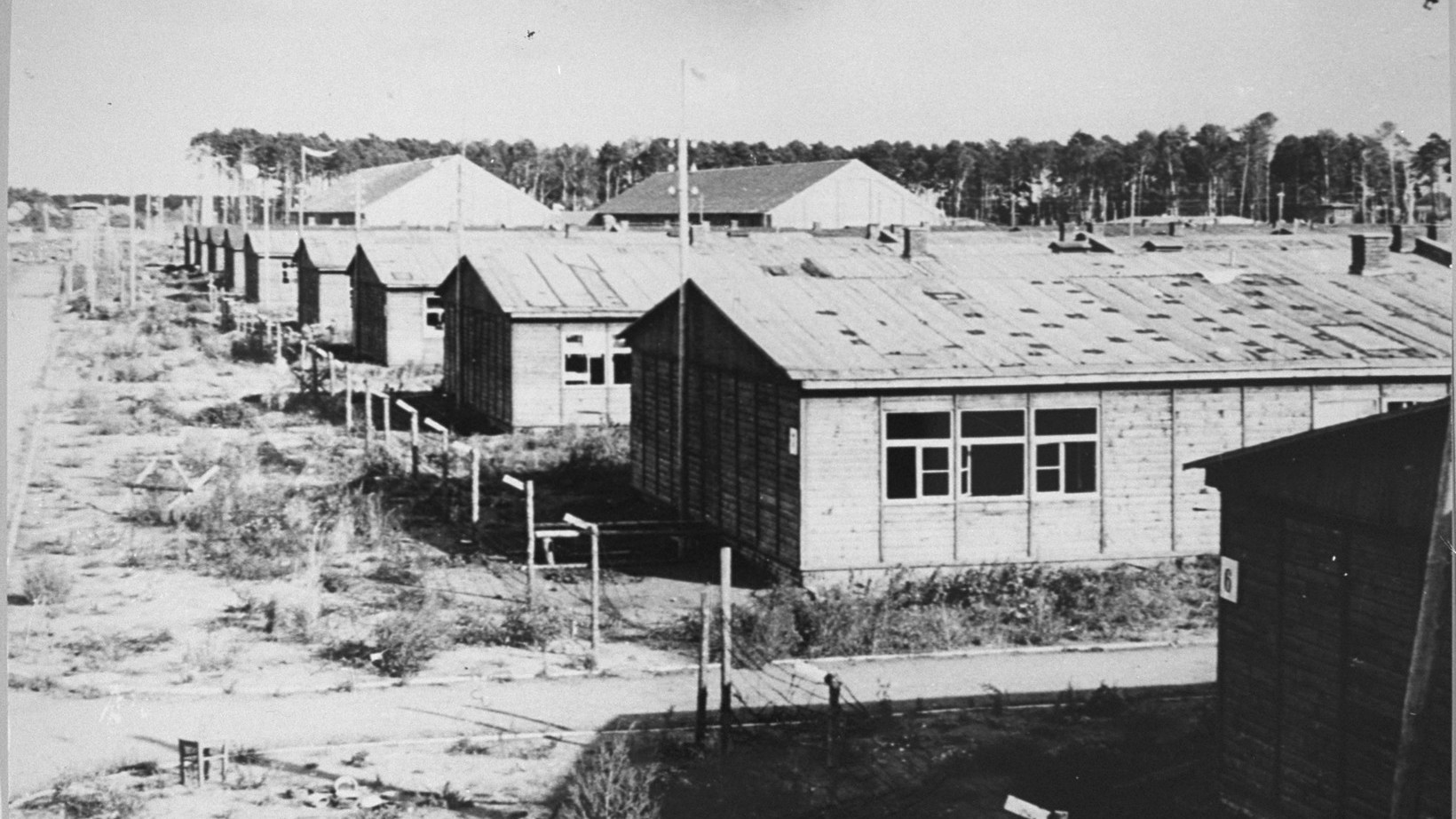
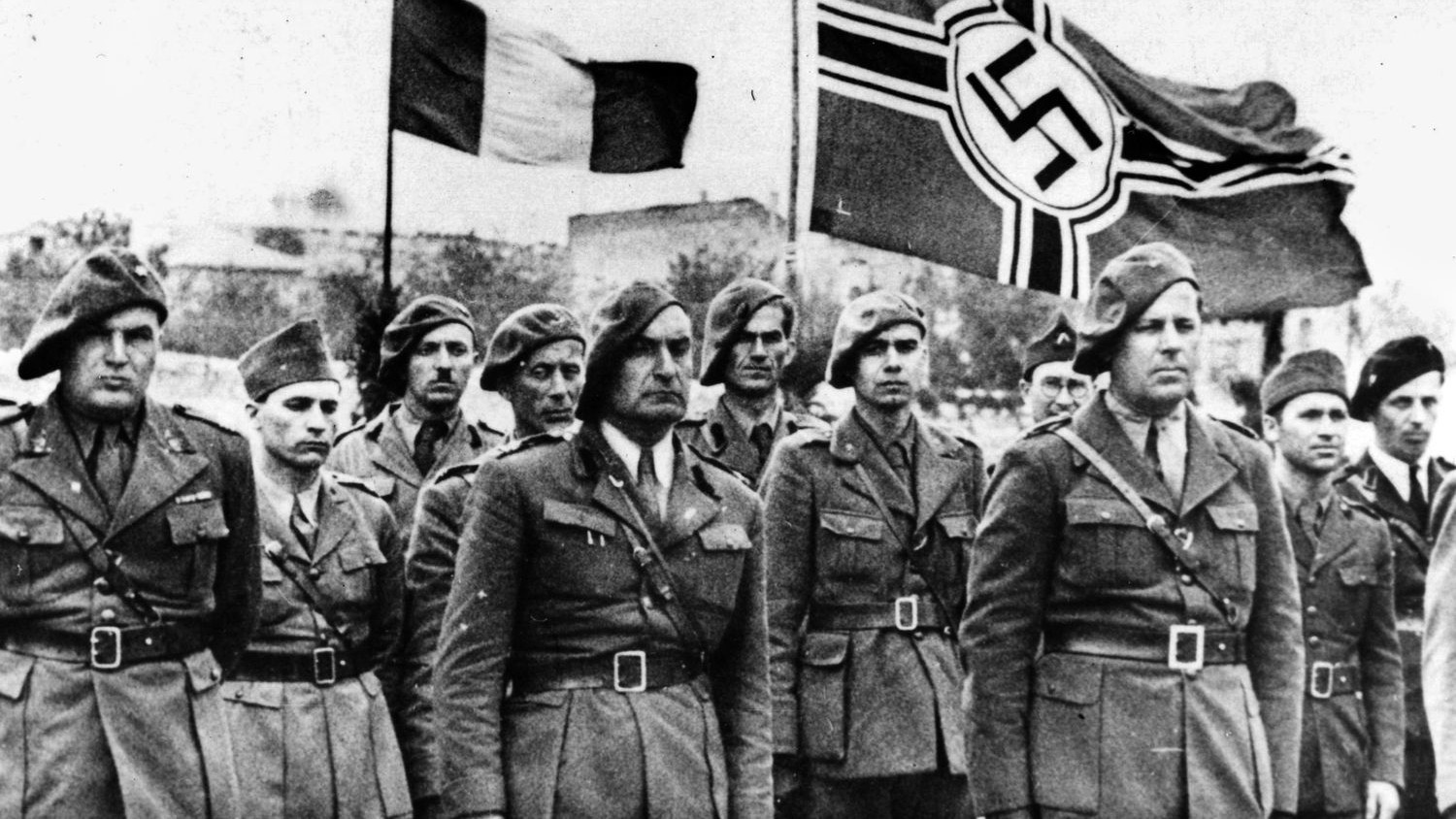
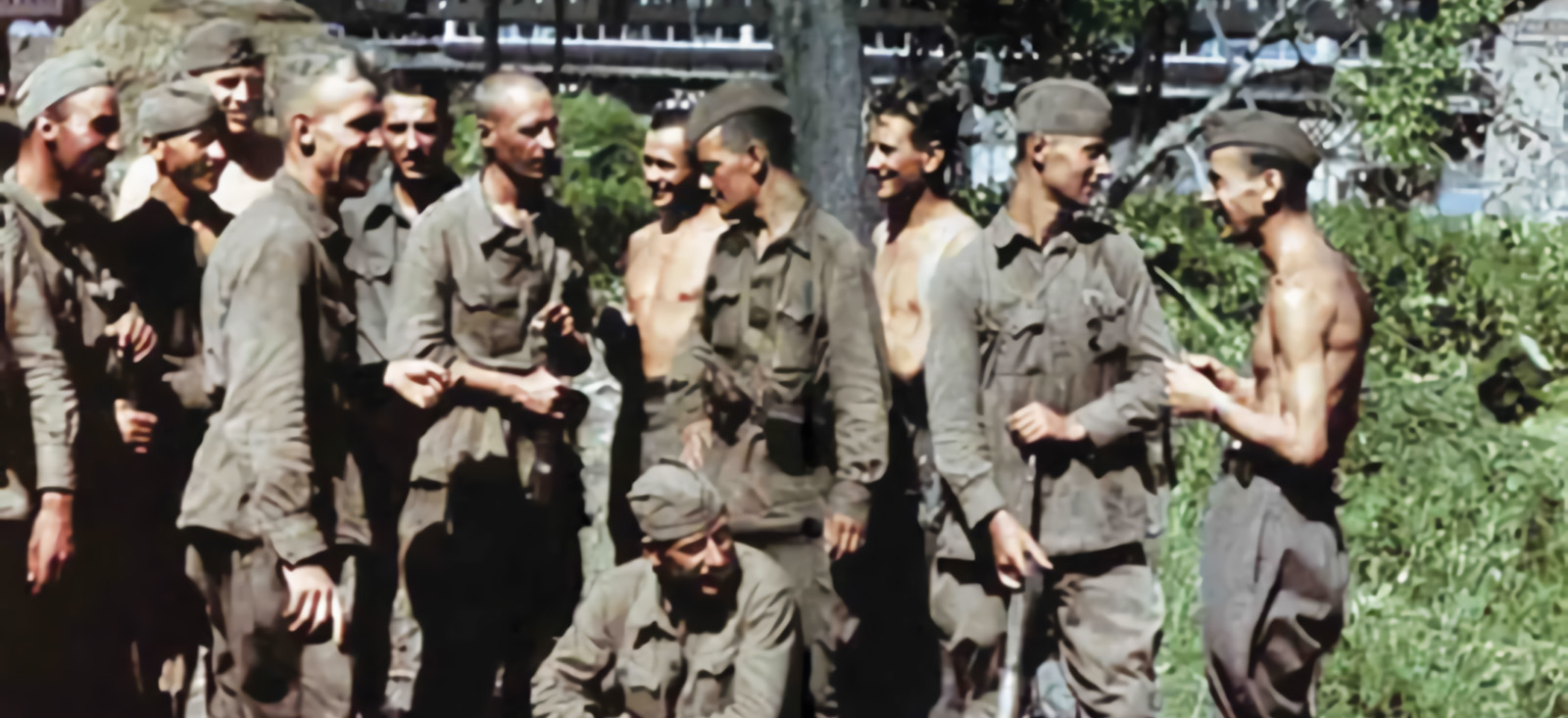


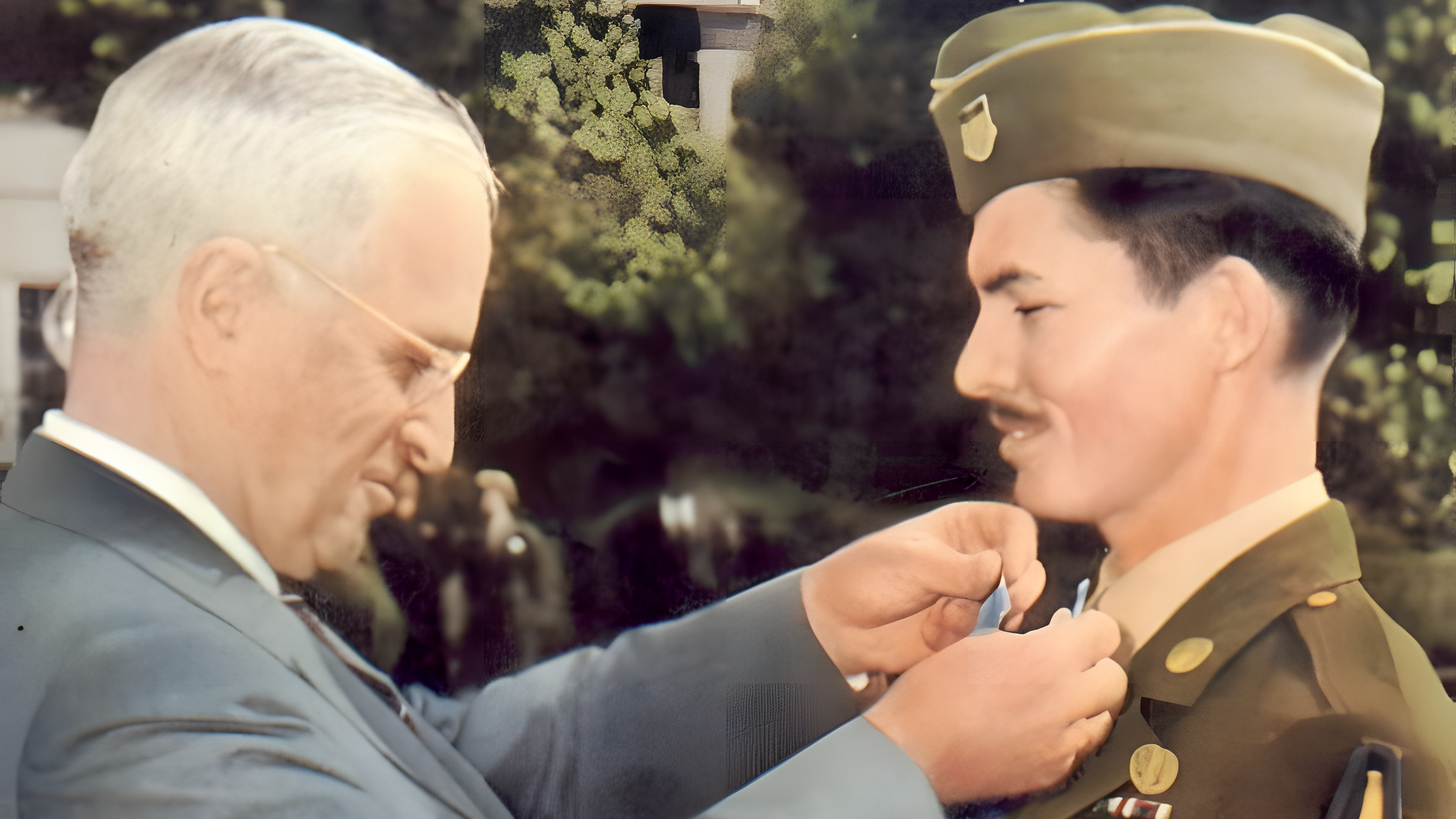
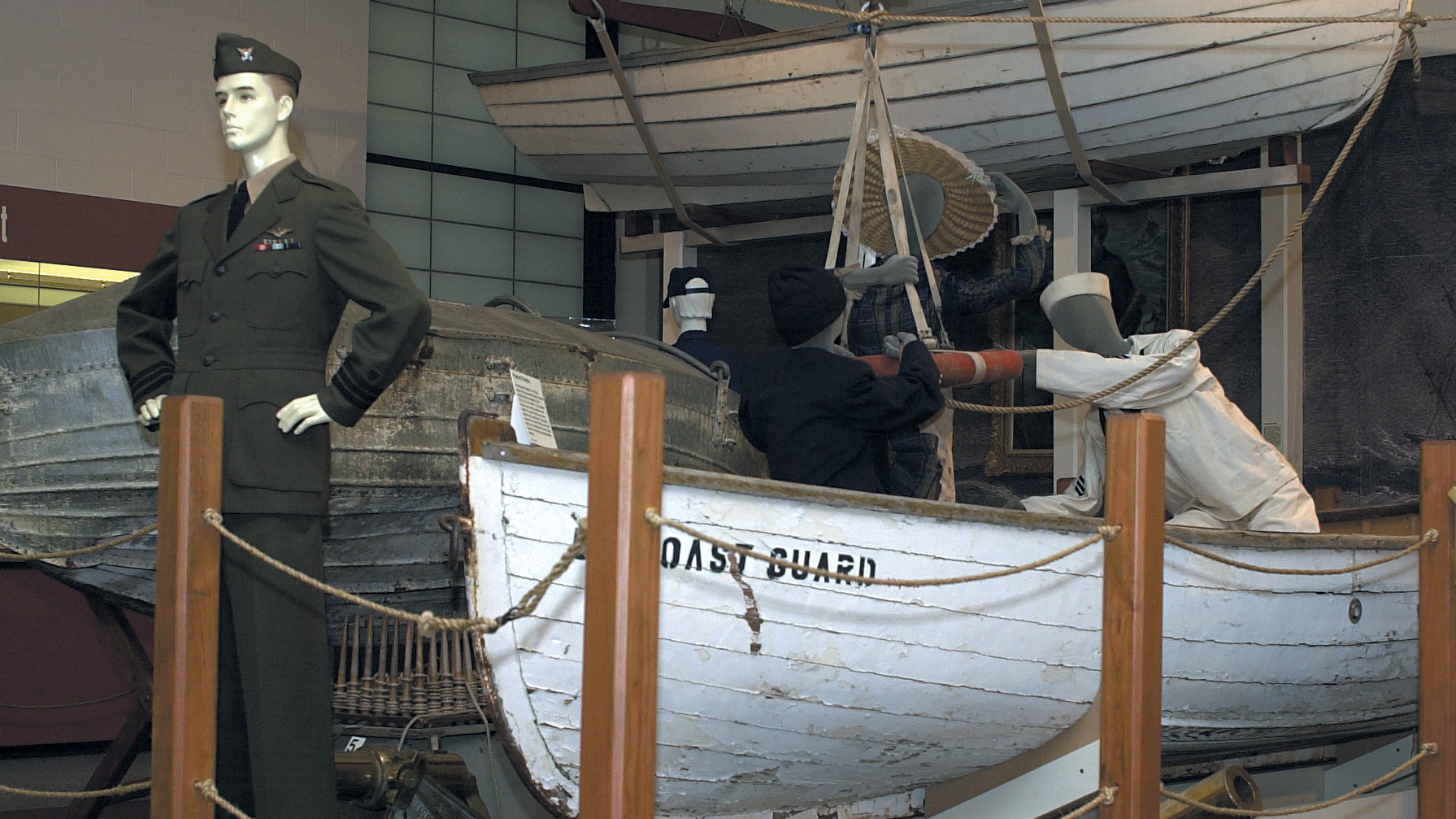

Join The Conversation
Comments
View All Comments